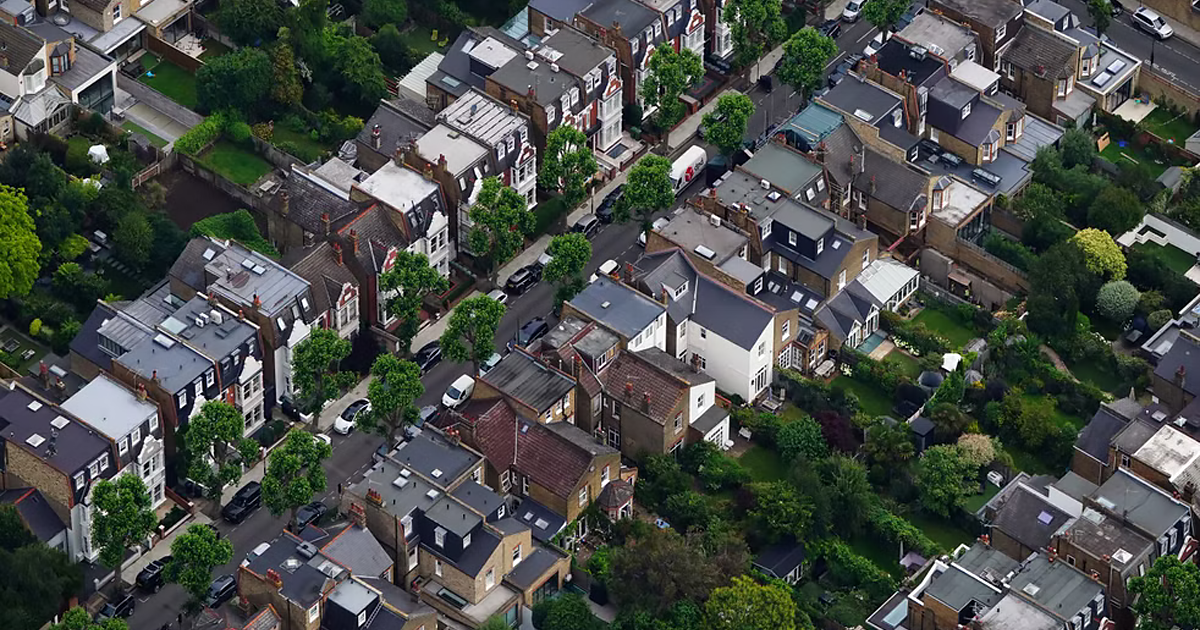📄 The impact of recent UK housing laws on landlords

The UK housing market has undergone significant changes in recent years, and as a landlord, it is important to keep up with the latest legal requirements. The new laws aim to enhance the safety and comfort of tenants and include fire safety regulations, minimum energy efficiency standards, and fitness for human habitation.
The Grenfell Tower disaster was a turning point in the UK housing industry, and since then, fire safety regulations have become stricter. Landlords are now required to carry out fire safety assessments, install fire doors, smoke alarms, emergency lighting, and maintain clear escape routes. The assessments should be done regularly to ensure that the properties are up to date with the latest fire safety standards.
Another significant change is the Minimum Energy Efficiency Standards (MEES) that came into effect in April 2018. Landlords in England and Wales must now ensure that their properties have a minimum energy efficiency rating of "E" on an Energy Performance Certificate (EPC). If the property falls below this standard, landlords may face penalties unless they have a valid exemption. The MEES is aimed at reducing energy waste and promoting energy efficiency, which will ultimately benefit the environment and reduce costs for tenants.
The Homes (Fitness for Human Habitation) Act 2018 is another important change in the UK housing market. This law requires landlords to provide tenants with safe and habitable housing, free from hazards such as damp, mould, and infestations. Properties must also have adequate heating and ventilation and have access to essential services like water and electricity. This law gives tenants the right to live in a safe and healthy environment and places the responsibility on landlords to maintain their properties in good condition. If you haven’t looked into it already, make sure you have the right toolkit to ensure you can meet these responsibilities such as Help me Fix.
Other legal requirements for UK landlords include conducting regular gas safety checks, ensuring that electrical installations are safe, and providing tenants with an inventory of their belongings at the start of their tenancy. Landlords must also protect their tenants' deposits in a government-backed tenancy deposit scheme and provide them with a copy of the government's "How to Rent" guide.
In addition to these legal requirements, landlords should also consider the comfort and well-being of their tenants. Providing a warm and inviting home for tenants to live in can improve their quality of life and increase tenant satisfaction. Landlords can also offer additional services such as regular maintenance, pest control, and garden maintenance to enhance the tenants' experience.
It is essential for landlords to be informed about the latest legal requirements and to take steps to ensure that their properties comply with them. By doing so, landlords can avoid costly penalties, reduce their legal risk, and provide their tenants with a safe and comfortable living environment.
In conclusion, the recent changes in UK housing laws have placed new responsibilities on landlords, but they have also created a more secure and comfortable living environment for tenants. Landlords who stay informed and proactive in maintaining their properties will reap the benefits of satisfied tenants and a successful rental business. It is vital to remember that the well-being of tenants should be a top priority for landlords, and by complying with the latest legal requirements, landlords can ensure that their tenants live in a safe and comfortable environment.


